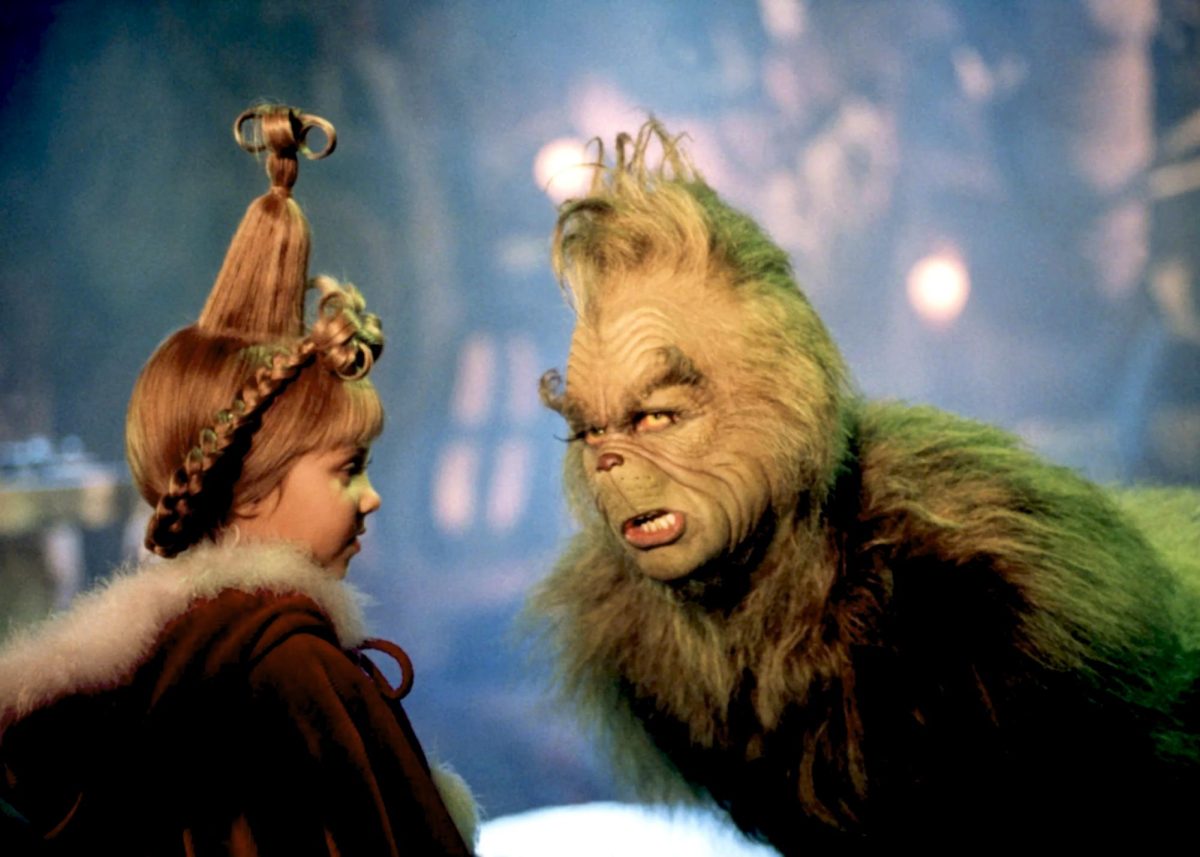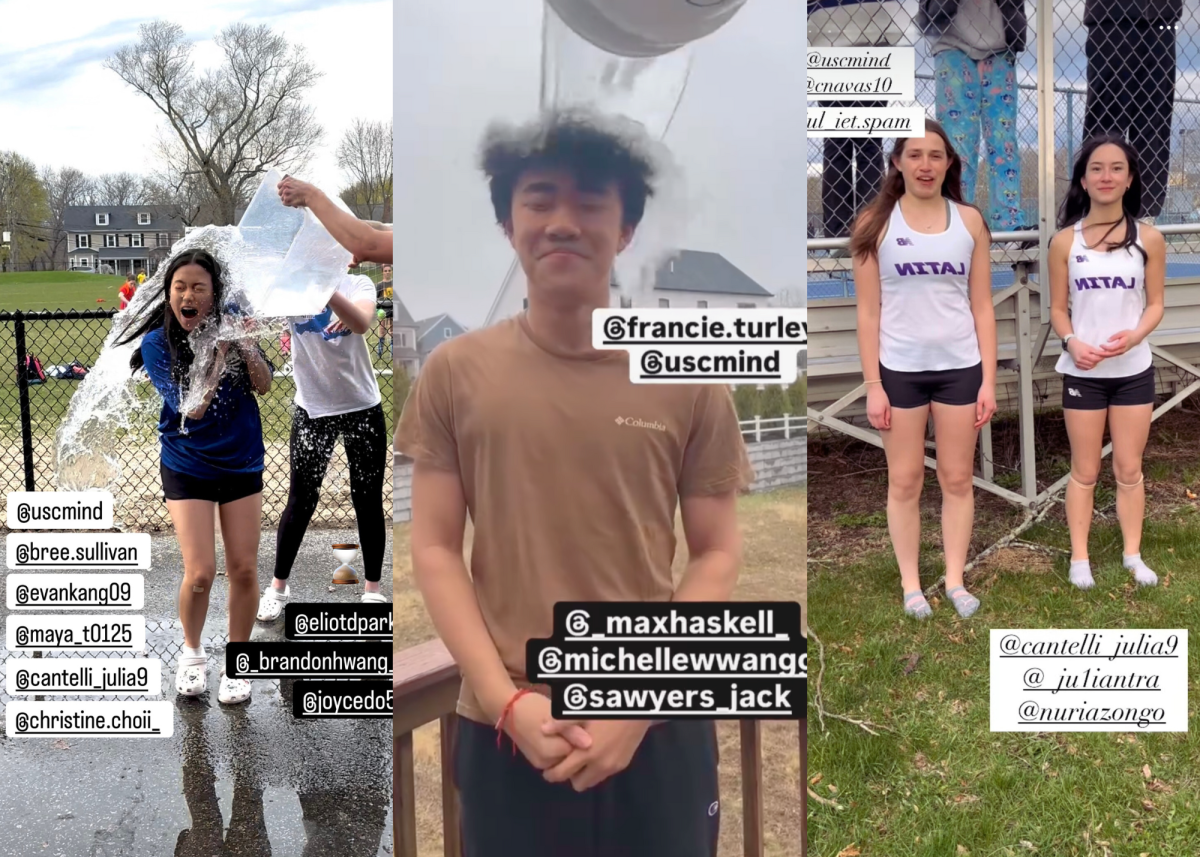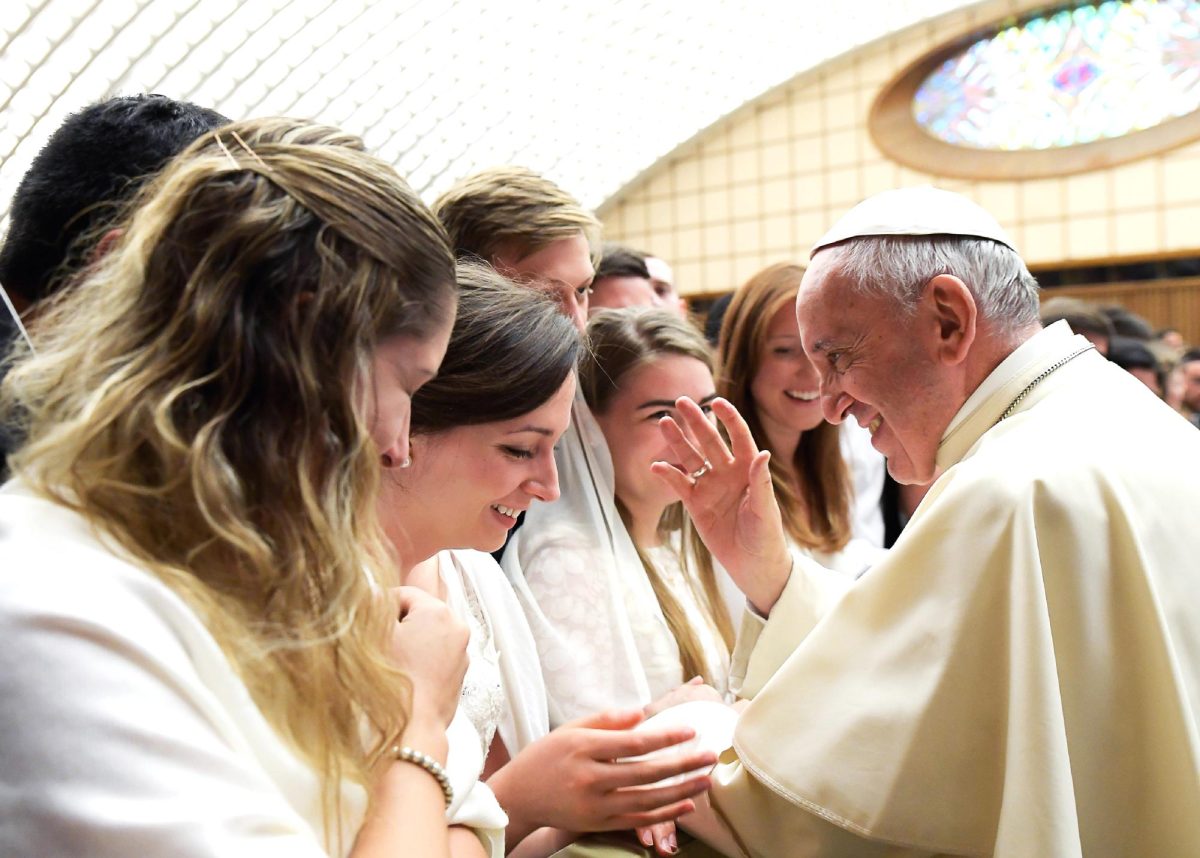Ever since Dr. Seuss debuted the classic character, the Grinch, he has become deeply ingrained in our culture as the antithesis of the Christmas spirit. While the Grinch’s villainization has provided an entertaining backdrop for contemporary Christmas celebrations, it may be time for society to reevaluate its relationship with the holiday through the Grinch’s perspective.
In How the Grinch Stole Christmas!, a lonely and spiteful Grinch attempts to ruin Christmas for the citizens of Whoville, a festive town overcome with overconsumption and similar pressures faced by our society today. Just as the Grinch’s appreciation for Christmas grows as he and the Whos, the residents of Whoville, reflect on its meaning, our society also needs to reflect on the true spirit of the holiday.
For several decades, the spirit of Christmas has been co-opted by an unrelenting media barrage that promotes holiday festivities and consumer activities with a nonstop rotation of carols and romcoms on television, radio and social media. Without all of these vibrant and often incessant reminders, the modern spirit of Christmas would be diminished.
Greta Elliott (IV) believes that social media has played a particularly large role in promoting holiday festivities in the 21st century. While she enjoys participating in holiday celebrations, she says, “I feel like those Instagram accounts that post about Christmas every day are really excessive. I know that it’s probably ironic, but it’s like, wow, you really love Christmas.”
As the Grinch himself attests, these festivities and the pressure to participate in them can become overwhelming. The expectation that one should enjoy being involved in all of the holiday celebrations can exacerbate stress and loneliness for those who do not want to participate. A study conducted by the American Psychological Association in 2023 found that “two in five [U.S. adults] said their stress increases during [the holiday season] compared with other points in the year.”
It is easy to criticize the Grinch for disparaging the festivities of a beloved holiday, but one could also commend him for refusing to give in to the pressure to present himself as falsely mirthful throughout the holiday season. The true spirit of Christmas is not encapsulated in the saccharine slogans of a Hallmark card or cable television special, but in true joy that comes with celebrating the positive aspects of Christmas.
Furthermore, by stealing Christmas, the Grinch would counteract the prevalent and normalized overconsumption in modern celebratory culture. Today, the focus of holidays such as Christmas has shifted from spending valuable time with friends and family to merely purchasing and exchanging physical gifts.
Emmanuella Gustave-Paul (IV) admits, “I love a good gift, but I think connections [between loved ones] are more important overall. It’s very materialistic to think that presents are what Christmas is all about.”
By stealing all of the Christmas presents from the residents of Whoville, the Grinch made the Whos realize that it is more valuable to connect with one another, than to worry about the presents they would receive. Our society also needs to detach from the materialistic aspects of this holiday and replace them with the traditional holiday values of love and appreciation.
While it would be easy to blame the Grinch for ruining Christmas, it is more productive to recognize the value of the opposition to fraudulent values that have overtaken the holiday industry. Society needs a hero like the Grinch to provide a reset in holiday culture and redefine true holiday spirit.
Categories:
“Maybe Christmas Doesn’t Come From a Store”
By Anneliese Yu (IV), Assistant A&E Editor
January 20, 2025
0








